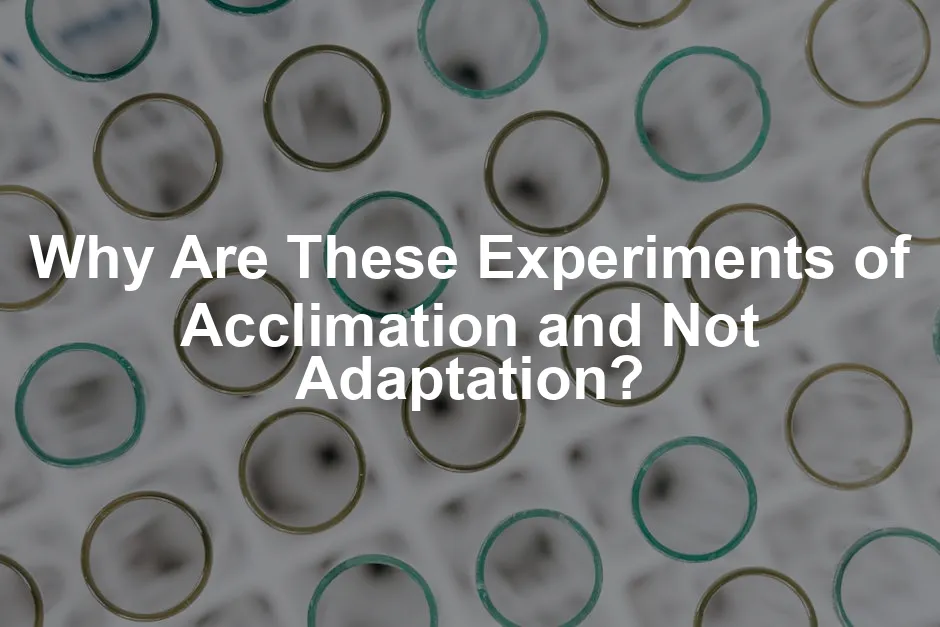
Why Are These Experiments of Acclimation and Not Adaptation?
Introduction
Acclimation and adaptation are crucial concepts in ecology and evolution. Acclimation refers to short-term adjustments, while adaptation involves long-term genetic changes. Understanding these differences is vital, especially for marine organisms like corals. Recent experiments shed light on how corals respond to environmental stressors, helping us grasp their resilience mechanisms.
If you’re fascinated by the intricate world of corals, Coral Reef: A Guide to the World’s Coral Reefs is a fantastic read. It dives into the vibrant ecosystems of coral reefs, shedding light on their beauty and fragility. Perfect for your coffee table or as a gift for the ocean enthusiast in your life!
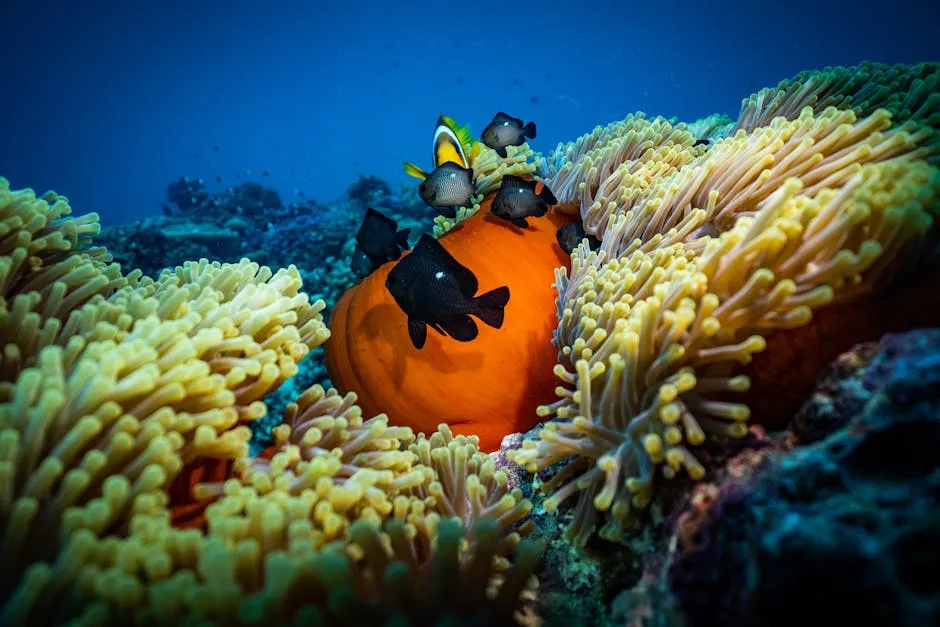
Summary and Overview
Acclimation and adaptation are two distinct processes organisms use to cope with environmental changes. Acclimation encompasses immediate physiological responses to stress, such as temperature shifts or changes in light. For instance, corals can adjust their internal systems quickly to survive heat waves. In contrast, adaptation is a long-term process where genetic changes occur across generations, enhancing a species’ survival in specific environments.
These processes are especially significant in coral ecosystems, where rapid changes threaten their survival. Understanding how corals acclimate can inform conservation efforts and predict their resilience to climate change. The ongoing research emphasizes the importance of both processes in shaping coral responses, setting the stage for deeper exploration into their survival strategies.
If you’re looking for a comprehensive overview of coral ecosystems, check out Coral Reefs: A Very Short Introduction. This book distills essential information about coral reefs and their ecological significance into a concise format, making it an excellent resource for both beginners and seasoned marine enthusiasts.
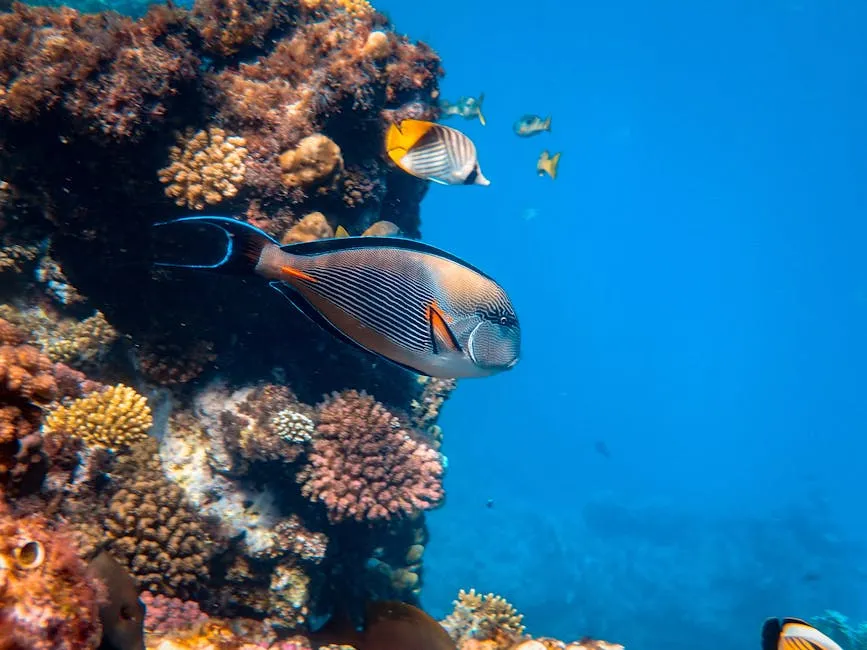
Understanding Acclimation and Adaptation
Definition of Acclimation
Acclimation involves short-term physiological adjustments to environmental changes. For example, corals can modify their internal mechanisms quickly when faced with rising sea temperatures. This process allows them to survive and function in altered conditions without making genetic modifications.
Such adjustments include changes in metabolism, energy production, and symbiotic relationships with microorganisms. Acclimation is vital for immediate survival but does not guarantee long-term success. Understanding this distinction helps researchers focus on the urgency of addressing environmental stressors affecting coral reefs today.
For those eager to delve deeper into coral biology, Marine Biology: A Textbook provides foundational knowledge and insights about marine ecosystems, including coral habitats. It’s essential reading for anyone passionate about marine conservation.
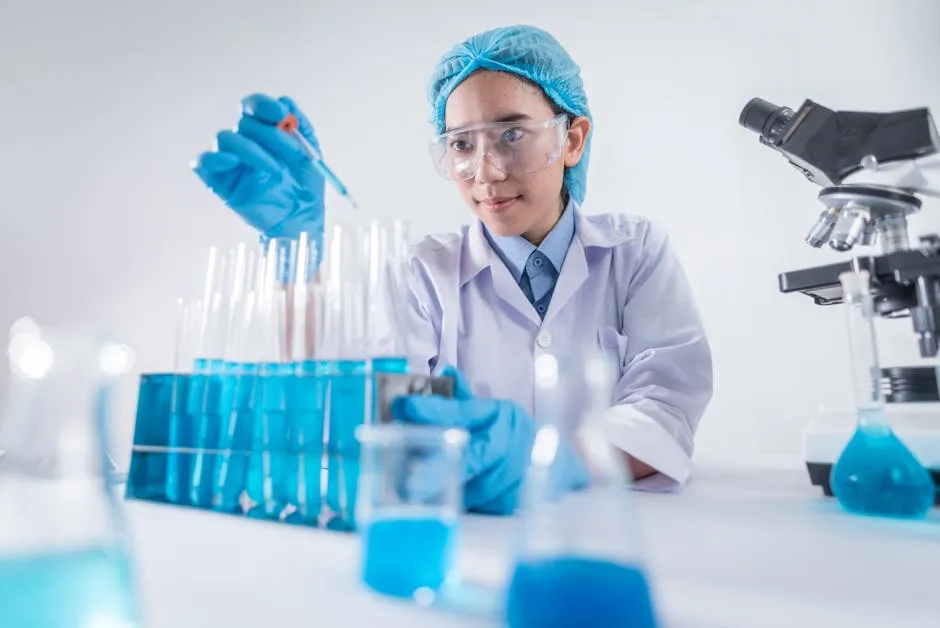
Why Experiments Focus on Acclimation
Immediate Environmental Responses
Corals are remarkable organisms, capable of quick adaptations to environmental stressors. When faced with rising sea temperatures, they adjust their internal processes almost immediately. For instance, corals can modify their symbiotic relationships with zooxanthellae, the algae that live within them. This quick response helps them manage stress and maintain their health.
In experiments, researchers have observed corals altering their metabolic rates and energy production when temperatures spike. These physiological adjustments serve as a crucial survival mechanism, allowing them to endure temporary stress. Such rapid changes are vital for corals to remain resilient in fluctuating environments.
Understanding the intricacies of coral biology is crucial, and The Secret Life of Corals: A Natural History offers a fascinating perspective on these complex organisms and their ecosystems. This book is a must-read for anyone interested in marine science.
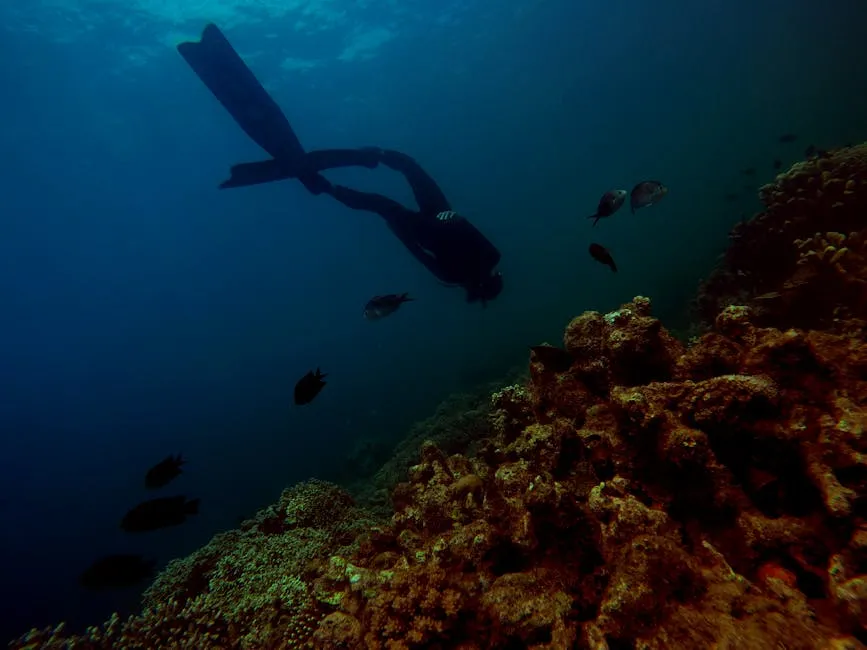
Limitations of Studying Adaptation in Short-Term Studies
Studying adaptation presents unique challenges, especially in short-term experiments. Adaptation involves genetic changes that occur over many generations, making it difficult to observe in a laboratory setting. Scientists often lack the time needed to witness these slow, evolutionary processes.
In addition, observing genetic changes requires long-term studies, tracking multiple generations of corals over significant periods. This is often impractical in controlled environments, where conditions can vary dramatically. As a result, researchers focus on acclimation because it provides immediate insights into how corals cope with environmental changes.
To grasp the complexities of marine ecosystems, consider reading Oceanography: An Invitation to Marine Science. This book provides essential insights into ocean processes and their impact on marine life, including corals.

Mechanisms of Acclimation in Corals
Physiological Mechanisms
Corals exhibit fascinating physiological changes when faced with environmental stress. One of the most significant adjustments involves their symbiotic relationship with zooxanthellae. These tiny algae provide corals with essential nutrients through photosynthesis. When water temperatures rise, corals can alter the density and composition of these symbionts. This helps them maintain energy levels and survive under stress. By adjusting the types of zooxanthellae they host, corals optimize their nutrient intake, allowing them to thrive even in challenging conditions.
Additionally, corals can modify their internal physiological processes. They enhance their metabolic rates to manage increased energy demands during stressful periods. Such rapid responses are vital for coping with fluctuations in temperature and light. This ability to change quickly underscores the importance of acclimation in coral survival.
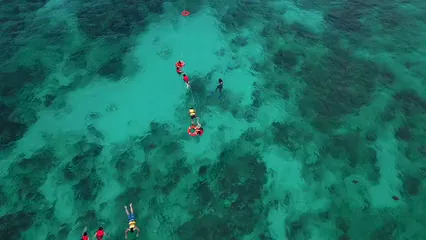
For anyone who wants to explore the science behind coral ecosystems, Coral Reefs: A Field Guide is an excellent resource. It provides detailed information on various coral species and their habitats, making it a valuable tool for researchers and enthusiasts alike.
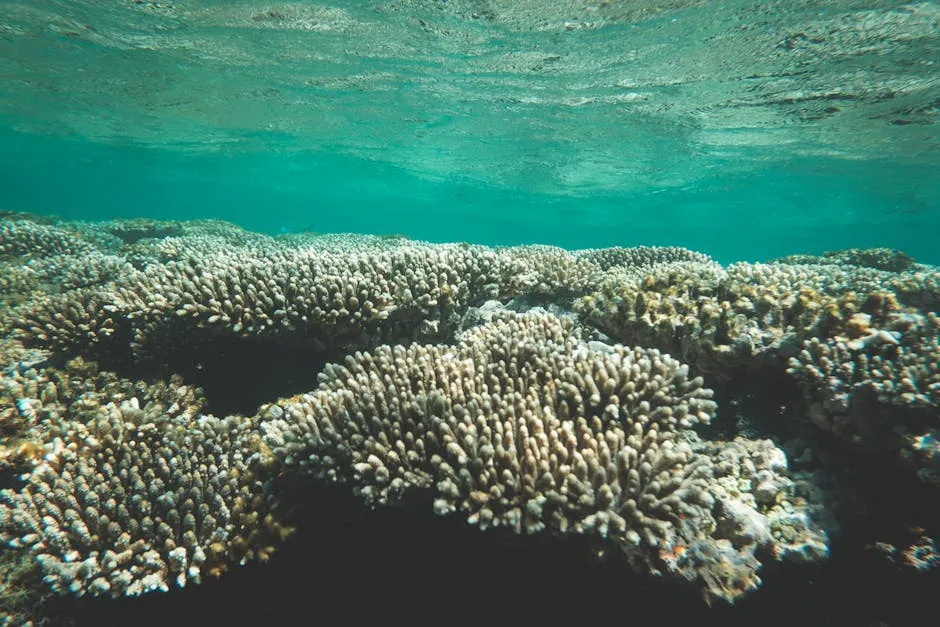
Biochemical Adjustments
Corals also undergo crucial biochemical adjustments to cope with stress. One notable pathway involves the production of heat shock proteins. These proteins help protect cellular functions by refolding damaged proteins caused by high temperatures. This protective mechanism is essential for maintaining coral health during heat stress.
Moreover, corals activate oxidative stress responses to combat harmful reactive oxygen species. Increased temperatures can lead to an excess of these molecules, which can damage cellular structures. By employing antioxidant enzymes, corals neutralize these threats, ensuring their survival. Studies have shown that these biochemical pathways play a significant role in coral resilience against climate change.
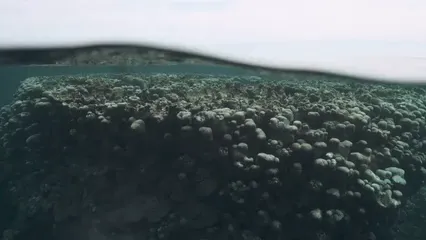
Behavioral Responses
Behavioral changes further enhance coral acclimation. For example, corals can adjust their depth in the water column to find optimal conditions. Moving to deeper waters often provides cooler temperatures and reduced light exposure, aiding their survival during warming events.
Feeding strategies also shift in response to environmental stress. Corals may increase their feeding activities during periods of stress to supplement energy needs when symbiotic relationships are compromised. These behavioral adaptations allow corals to maximize their chances of survival in changing environments.
For those interested in hands-on research, a Waterproof Notebook for Marine Research can be a game-changer. Perfect for jotting down observations while exploring coral reefs, this notebook withstands the elements, ensuring your notes remain intact.
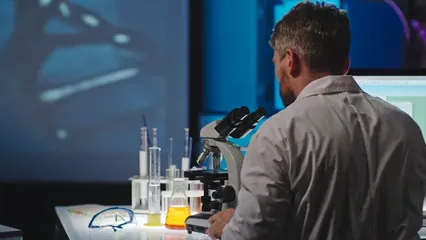
Long-Term Implications of Acclimation
Limits of Acclimation
Acclimation can only help organisms cope with environmental changes to a point. When faced with extreme shifts, like rapid climate change, the limits become clear. For instance, corals can adjust their physiology quickly to moderate temperature increases. However, when temperatures rise beyond a certain threshold, these adjustments may fail. Prolonged exposure to extreme conditions can lead to coral bleaching, where the symbiotic algae, zooxanthellae, are expelled. This process not only affects the coral’s ability to survive but also disrupts the entire reef ecosystem. As climate change accelerates, the ability of corals to acclimate may diminish, leading to severe consequences for marine biodiversity.
To understand the broader implications of climate change on marine life, consider reading Coral Bleaching: A Scientific Perspective. This book provides essential insights into the causes and effects of coral bleaching, equipping readers with knowledge to advocate for marine conservation.

Potential for Future Adaptation
While acclimation is crucial for immediate survival, it doesn’t guarantee long-term success. However, acclimation might pave the way for future adaptation. Over time, if corals repeatedly experience stressors, their physiological adjustments could lead to genetic changes. These changes may enhance their survival in fluctuating environments. For example, corals that successfully acclimate to slightly elevated temperatures could pass on beneficial traits to future generations. This potential for adaptation underscores the importance of studying how acclimation affects the evolutionary trajectory of coral species in the face of climate change.
Impacts on Coral Reefs
The implications of acclimation extend beyond individual corals. Entire reef ecosystems rely on the health of coral species. When corals fail to acclimate or adapt, the consequences ripple through the ecosystem. Coral reefs provide habitats for countless marine species, contributing to overall ocean biodiversity. A decline in coral health can lead to reduced fish populations and the loss of marine life dependent on these habitats. Furthermore, degraded reefs can lead to diminished coastal protection against storms and erosion. Understanding the limits and potential of acclimation is vital for conservation efforts aimed at preserving these crucial ecosystems.
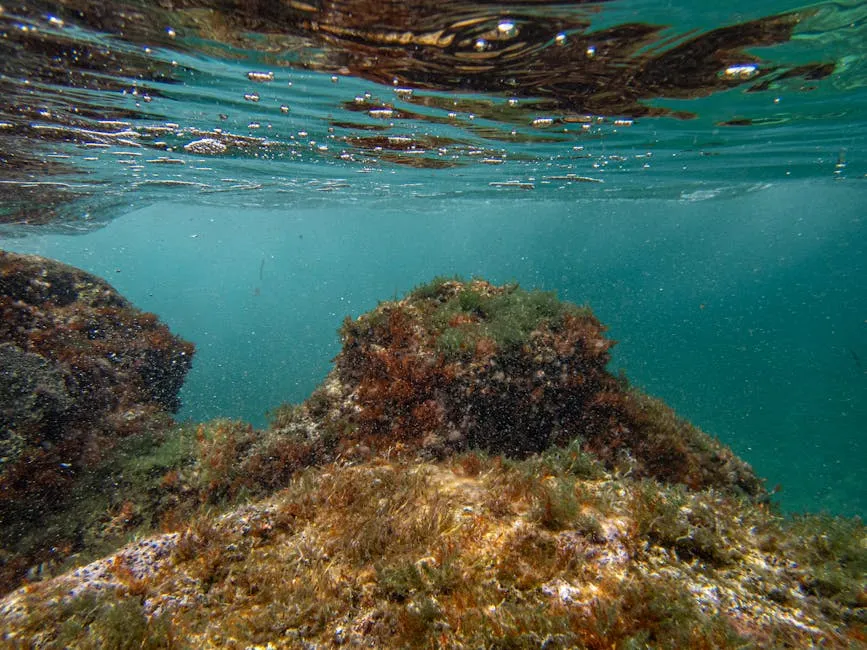
Research Approaches to Study Acclimation vs. Adaptation
Experimental Design
Researchers employ various methodologies to study acclimation in marine organisms. Common approaches include controlled temperature variations, where corals are exposed to gradual temperature increases. This method helps scientists observe how corals respond to stress without the immediate threat of catastrophic change. Other experimental designs might include altering light conditions or nutrient availability to assess how these factors influence acclimation. By simulating real-world scenarios, researchers can gain insights into the resilience mechanisms of corals and other marine organisms.
If you’re keen to learn more about coral ecosystems, The Coral Triangle: The Global Center of Marine Biodiversity is a must-read. This book explores the biodiversity hotspot of the Coral Triangle and its significance for marine conservation.
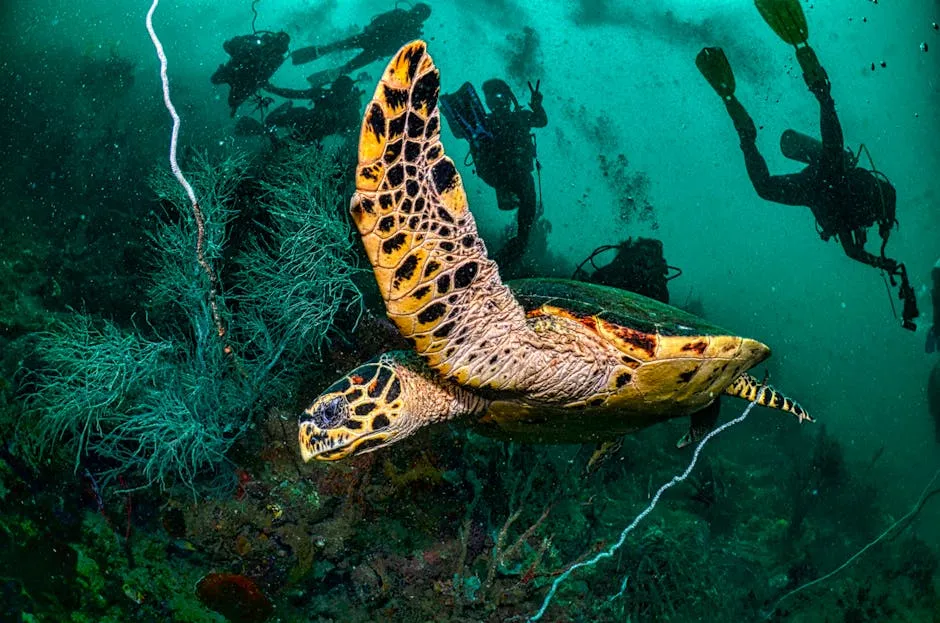
Longitudinal Studies
Long-term studies are essential for understanding adaptation. These studies track coral populations over multiple generations, observing genetic changes in response to environmental stressors. By monitoring how acclimated corals fare in changing conditions over time, scientists can better predict potential adaptive responses. Such research illuminates the complex relationship between acclimation and adaptation, highlighting how short-term adjustments can lead to long-term evolutionary changes. This information is critical for conservation strategies aimed at supporting coral resilience in a rapidly changing world.
To further your understanding of marine ecosystems, consider the Marine Conservation: Science, Policy, and Management. This book provides a comprehensive overview of the science behind marine conservation efforts, essential for anyone involved in or passionate about protecting our oceans.
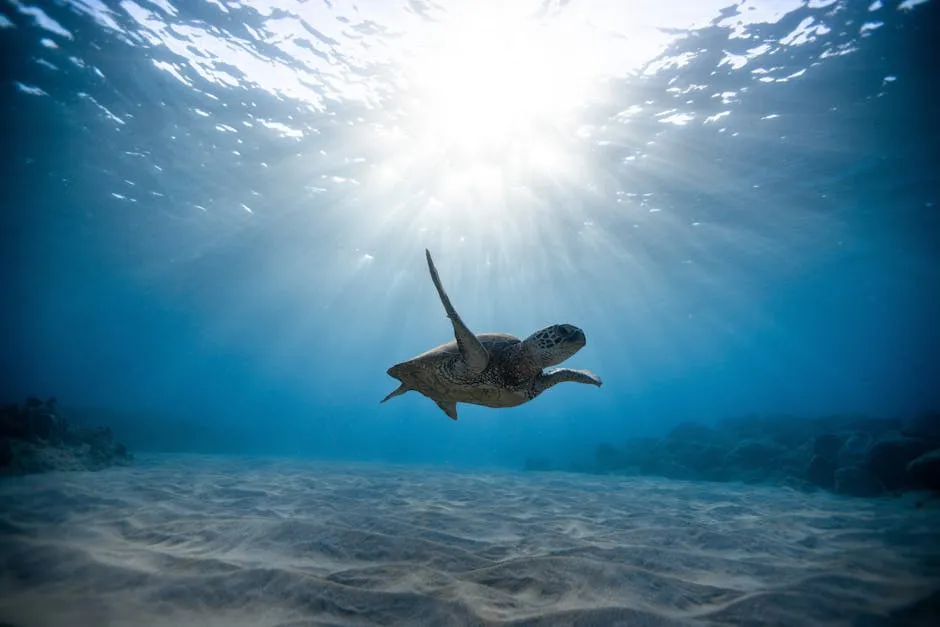
Genomic Studies
Genomic research plays a crucial role in identifying adaptive traits and mechanisms in corals. By examining the genetic material of corals, scientists can pinpoint specific genes associated with thermal tolerance and stress resistance. This research helps reveal how acclimation processes might influence genetic variability within populations. Understanding these genetic factors can inform conservation efforts, guiding strategies to enhance the resilience of coral reefs. As climate change poses unprecedented challenges, genomic studies provide valuable insights into how corals might adapt to survive in increasingly hostile environments.
Conclusion
Understanding acclimation and adaptation is vital for marine conservation. Acclimation involves short-term physiological adjustments, while adaptation entails long-term genetic changes. Both processes play crucial roles in how corals respond to environmental stress, especially in the face of climate change. Recognizing these differences helps inform effective conservation and management strategies for fragile marine ecosystems. Continued research is necessary to bridge the gap between acclimation and adaptation, ensuring the resilience of coral reefs and the biodiversity they support.
FAQs
What is the main difference between acclimation and adaptation?
Acclimation is a short-term physiological response to environmental changes. Adaptation, however, involves long-term genetic changes across generations. While acclimation happens quickly, adaptation takes time and occurs through evolution.
How do corals acclimate to changing temperatures?
Corals acclimate by adjusting their internal systems without genetic changes. They alter their metabolic rates and symbiotic relationships with zooxanthellae, enhancing their ability to survive temperature fluctuations.
Can acclimation lead to adaptation over time?
Yes, acclimation can set the stage for future adaptation. Repeated acclimatory responses may lead to genetic changes that enhance survival in changing environments over generations.
Why are coral bleaching events significant for understanding these concepts?
Coral bleaching events highlight the limits of acclimation. When corals are stressed by temperature changes, they expel their symbiotic algae, leading to potential mortality. Studying these events helps researchers understand the mechanisms driving acclimation and adaptation.
What research methods are best for studying these processes in corals?
Effective methods include controlled temperature experiments and long-term observational studies. Genomic research can also identify genetic traits linked to thermal tolerance, aiding in understanding acclimation and adaptation.
How does climate change affect coral acclimation and adaptation?
Climate change poses significant challenges by rapidly altering environmental conditions. Increased temperatures and ocean acidification can exceed the limits of coral acclimation, hindering their ability to adapt over time.
What role do symbiotic relationships play in coral acclimation?
Symbiotic relationships with zooxanthellae are crucial for coral health. These algae provide essential nutrients through photosynthesis. Adjustments in these relationships help corals manage environmental stress and maintain their energy levels.
Please let us know what you think about our content by leaving a comment down below!
Thank you for reading till here 🙂
All images from Pexels




